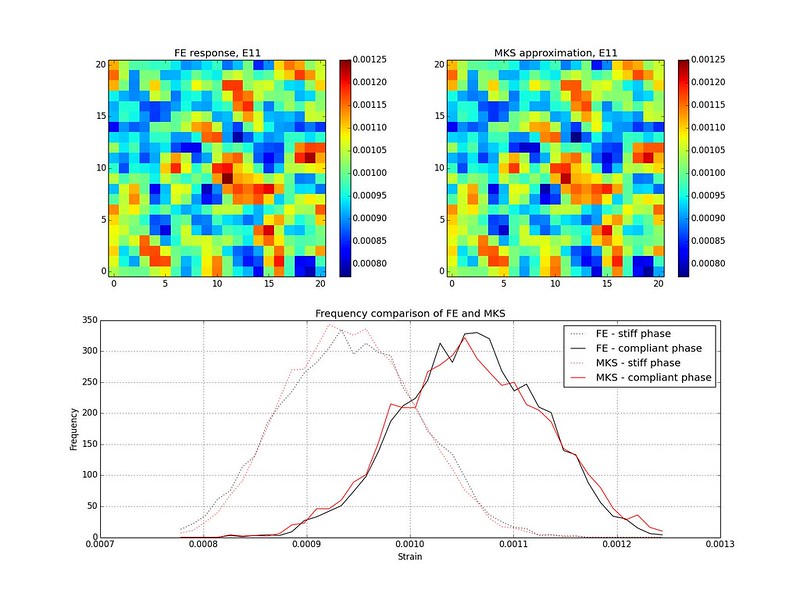Noah's First Post
Biography
My name is Noah Paulson. I’m a graduate research assistant at the Georgia Institute of Technology and I’m studying for my PhD in Mechanical Engineering. I was raised in Lexington, Massachusetts and stayed nearby for college, graduating with a B.S. in Mechanical Engineering from Tufts University in 2013. I am currently a member of the MINED research group, and I am co-advised by Dr. Surya Kalidindi and Dr. David McDowell at Georgia Tech, and by Dr. Donald Shih from Boeing. I am interested in computational and data-science approaches in the analysis of structural materials.
More information about me can be found here on my Linkedin profile page
MKS and the Optimization of Titanium Microstructures
The Materials Knowledge System (MKS) is a powerful tool which allows for the computationally efficient prediction of material response fields after a one time calibration with known response fields. Once this calibration has been performed, the MKS can predict the response for any microstructure in the materials system of interest. With respect to this project, we plan to use MKS in order to help predict fatigue indicator parameter (FIP) response fields and other quantities of interest in the alpha-beta titanium materials system. In the very high cycle fatigue (VHCF) regime plastic strains are very small, so it is hoped that elastic MKS analyses will be of use in the prediction of FIP fields. In the low cycle fatigue (LCF) regime however, plastic strains are larger, therefore the MKS will be extended to predict response fields from isotropic plasticity and eventually crystal plasticity simulations. The computational benefits of MKS will make it reasonable to optimize microstructure in the alpha-beta titanium alloy materials system for any desired combination of properties.
Included below is the comparison between a FEM analysis and MKS prediction for a two-phase composite material with isotropic phases. Also inluded is the fundamental first order equation for the MKS:
For further reading on the MKS please consult the following resources:
- Landi, G., Niezgoda, S. R., & Kalidindi, S. R. (2010). Multi-scale modeling of elastic response of three-dimensional voxel-based microstructure datasets using novel DFT-based knowledge systems. Acta Materialia, 58(7), 2716-2725.
- Fast, T., & Kalidindi, S. R. (2011). Formulation and calibration of higher-order elastic localization relationships using the MKS approach. Acta Materialia, 59(11), 4595-4605.
